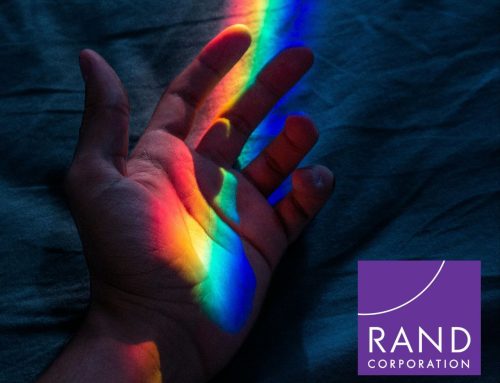Study Highlights Psilocybin’s Significant Impact on Brain Function and Potential Therapeutic Uses
LOS ANGELES- A recent small randomized controlled trial has revealed that a single high dose of psilocybin induces significant and persistent changes in brain functional networks in healthy adults. The findings, published in Nature, provide new insights into the effects of psychedelics on brain activity and their therapeutic potential.
The study found that psilocybin’s impact on the brain’s functional networks was more than three times larger than that of the control drug, methylphenidate. Joshua S. Siegel, MD, PhD, an instructor in psychiatry at Washington University School of Medicine in St. Louis, Missouri, noted that psilocybin “is erasing boundaries between brain networks.”
Using precision functional MRI (fMRI) mapping, the researchers tracked brain changes in seven healthy adults with prior psychedelic experience. Participants ingested 25 mg of psilocybin followed by 40 mg of methylphenidate one to two weeks later. The results showed that association networks, responsible for higher cognitive functions, were more affected by psilocybin than primary networks, which handle sensory and motor function.
Psilocybin significantly increased normalized global spatial complexity, a measure of brain signal synchrony, but values returned to baseline by the next session. Performing a simple audio-visual matching test during the scan reduced the magnitude of psilocybin-associated network disruption.
The largest changes in functional connectivity were observed in the default mode network, associated with a sense of self, space, and the present moment. Siegel explained this is due to the high density of serotonin 2A receptors in this area. Most brain networks normalized after the acute effects of psilocybin wore off, except for the default mode network and anterior hippocampus, where small differences persisted for up to three weeks.
The study extends previous observations that psychedelics like LSD desynchronize brain activity within the default mode network, correlating with profound changes in consciousness. Participants reported feelings of transcendence and connectedness, which were linked to changes in brain connectivity.
Temporary desynchronization may increase brain flexibility, potentially aiding in the recovery from rigid, maladaptive patterns of thought and behavior. Siegel emphasized that therapy is crucial alongside these treatments to ensure positive changes.
Despite the promising results, the study’s small sample size is a limitation. Bertha Madras, PhD, from Harvard Medical School, noted the variability in responses and suggested the need for larger trials. However, an accompanying commentary by Petros D. Petridis, MD, from New York University Langone Center for Psychedelic Medicine, highlighted the study’s clinical implications and called for further research.
The study was funded by multiple institutions, including the National Institutes of Health and the McDonnell Center for Systems Neuroscience. The findings underscore the potential of psilocybin in psychiatric treatment and the importance of understanding its mechanisms to develop safer and more effective therapies.
The full article can be found on the Washington University School of Medicine website【source】.



































